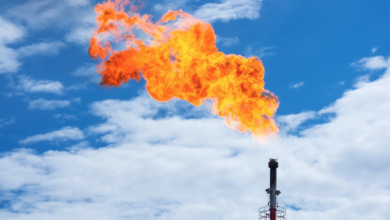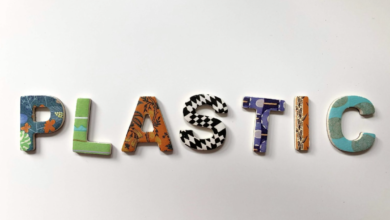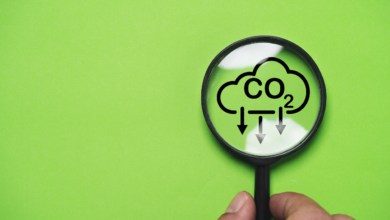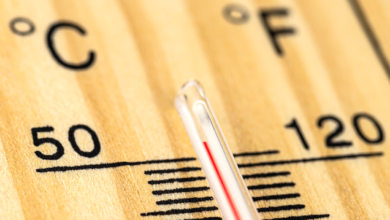Forestry: planting trees is not always good for the climate

Planting trees is useful only when coupled with substantial source emission cuts
Europe has decided in its strategy for biodiversity to plant at least 3 billion trees within this decade. The “Great Green Wall” project aims to stop the desertification of the Sahel by restoring 100 million hectares of forests by 2030. China plans to conserve and reforest areas for a total of 70 billion trees by the same date. All strategies are based on the assumption that – in addition to preserving biological diversity and ecosystem services – more abundant forests mitigate global warming. But planting trees is not (always) good for the climate.
This is explained by a study published in Science: about one-third of the climate cooling that is achieved by removing carbon dioxide from the atmosphere through forests is canceled by changes in atmospheric composition and a decrease in surface reflectivity. Simply put, we overestimated the benefits of large-scale forestry efforts.
Planting trees without cutting emissions is a dead-end
What depends on this result under the estimates? Planting trees on a large scale, the study calculated can generate feedback within the Earth’s climate system that increases global warming.
How? Reforestation leads to changes in atmospheric composition through the release of biogenic volatile organic compounds, which in turn affect greenhouse gases and organic aerosols. And a larger forest cover decreases the surface albedo, that is, the ability of the soil to reflect the solar radiation reaching the Planet. On the one hand, more trees means more persistent greenhouse gases, on the other more heat trapped in the atmosphere.
The authors of the study have modeled the effect of planting large-scale trees in different emissive scenarios, therefore as a more or less central solution compared to others that involve the reduction of greenhouse gas emissions at the origin. The results say that in a trajectory toward 4°C of global warming, reforestation eats 1/3 of the benefits it brings to the climate on paper. While in a trajectory where emission cuts are more substantial and aligned with the target of 2 degrees, planting trees is not an operation that brings only benefits but the side effects are really limited. Results that “highlight the urgency of simultaneous reductions of emissions“.





